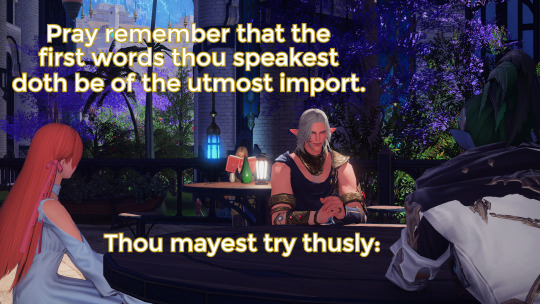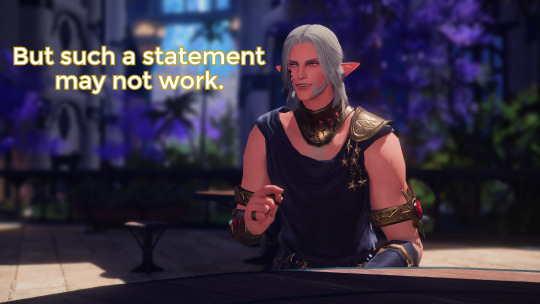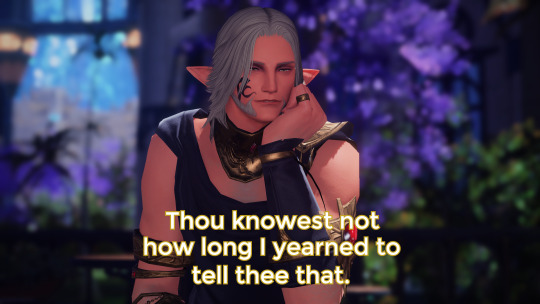#wiktionary calls it a defective verb
Explore tagged Tumblr posts
Text








I... I don't think that's quite my style...
#i need a screenshot tag#aether and anatomy#rowan argentas#urianger#urianger x wol#ryne#tee hee#i loved this scene from star trek so much#and the caption for pigeon's birthday screens used riker's smooth lines#and yeah this scene goes on for longer but this was a project for after work and stuff#ALSO DID YOU KNOW THAT 'MAY' IS A REALLY FUCKED UP VERB IN THE ENGLISH LANGUAGE?#wiktionary calls it a defective verb#also 'might' is the past form of it#they didn't say past tense which makes me more confused#but that's probably due to the fact that it's at the end of the week and stuff when i'm scheduling this
101 notes
·
View notes